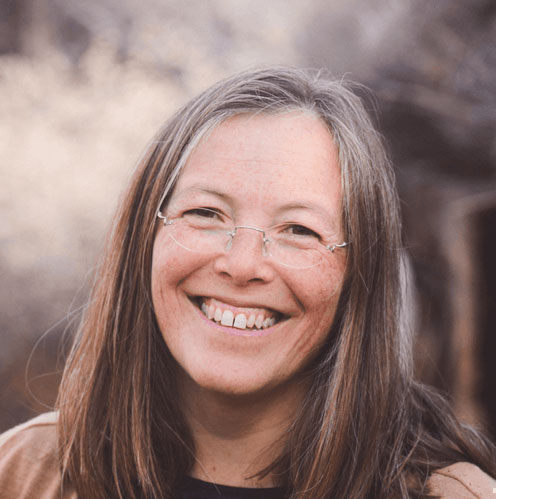Human interaction with CPS is becoming ubiquitous in consumer products, transportation systems, manufacturing, and many other domains. However, few tools exist for modeling, computation, and control that are responsive to human heterogeneity. We seek to characterize human heterogeneity in psychomotor tasks, such as semi-autonomous driving or quadrotor landing, to ascertain when human variability is important for control. Data-driven tools that employ conditional distribution embeddings can enable high fidelity modeling of distributions of trajectories. Designing controllers to accommodate such variability is challenging, and requires new paradigms and frameworks to enable responsivity to the human. We consider the use of psychophysiological feedback to infer cognitive state, to make controllers responsive to the joint human and CPS state of the system. We also explore the development of stochastic controllers that can accommodate non-Gaussian processes that are typical of uncertainty in human CPS.

Meeko Oishi received the Ph.D. (2004) and M.S. (2000) in Mechanical Engineering from Stanford University (Ph.D. minor, Electrical Engineering), and a B.S.E. in Mechanical Engineering from Princeton University (1998). She is a Professor of Electrical and Computer Engineering at the University of New Mexico. Her research interests include human-in-the-loop control, stochastic optimal control, and autonomous systems. She previously held a faculty position at the University of British Columbia at Vancouver, and postdoctoral positions at Sandia National Laboratories and at the National Ecological Observatory Network. She was a Visiting Researcher at AFRL Space Vehicles Directorate, and a Science and Technology Policy Fellow at The National Academies. She is the recipient of the NSF CAREER Award, the NSF BRITE Fellowship, the Truman Postdoctoral Fellowship in National Security Science and Engineering, and a member of the 2022-2024 US Defense Science Study Group.